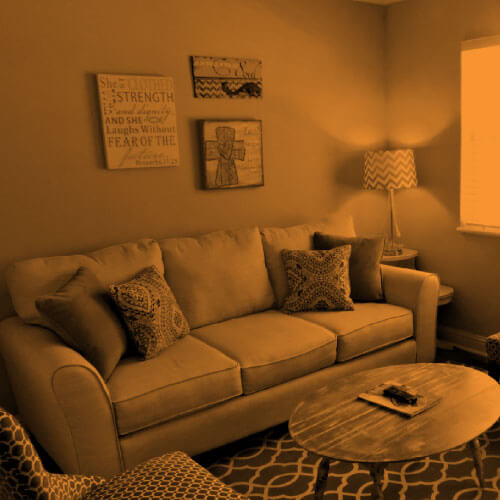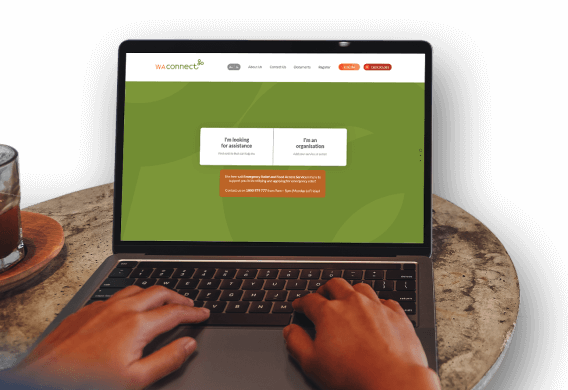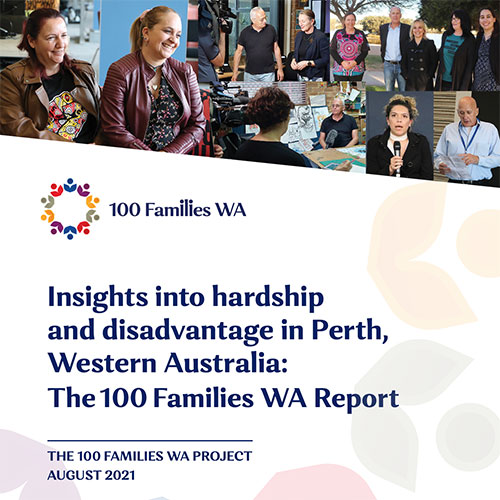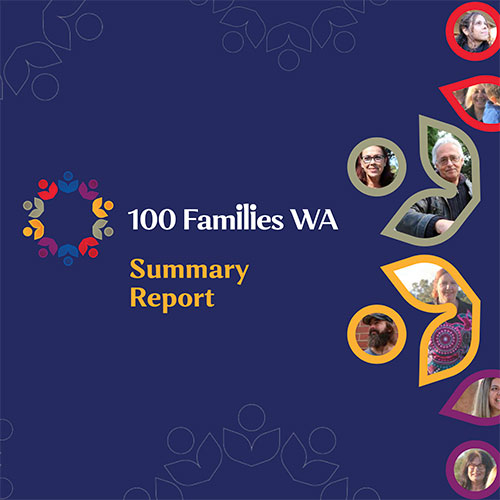Support Seeking
Help for Jo
Listen to the audio
Yesterday, I found a time when Chris wasn’t watching my every movement, took some deep breathes and I called an organisation my friend told me about. The call went to voicemail so I left a message asking for someone to call me back after 3pm – that’s when I finish work. At 1pm, I got a call from a private number – I hate private numbers.
I speak with a support worker called Susan. We agree to meet up this morning in a place near me that I feel comfortable with. I didn’t want her to come to my house as my partner doesn’t know about this yet and might get angry with me for seeking protection for my family.
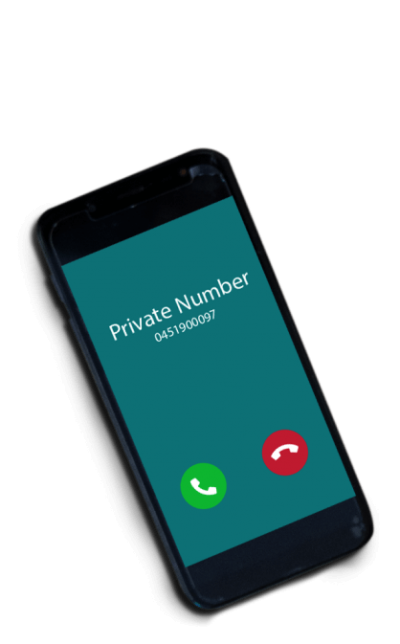
Families who connect to services often do so randomly rather than making conscious selections e.g. connect through friends, see building driving past, etc.
However, once connected it is the staff member they are linked to who they see as the service or support, not so much the organization.

Support systems need to be flexible and accomodate the individuals or families needs. To ensure this happens, supports systems need to be designed from perspective of lived experience
Susan seems kind and really listens to me. She also knows a lot about where to go to get help and together we begin to make a safety plan to keep me and Billie safe. I already feel much more positive.
One thing did worry me though, Susan said the support she can offer is “time-limited”, whatever that means.

Services aren’t always working to meet families needs. A key underlying cause of this is the way organisations need to compete for funding and contracts. Competition often limits an organisation’s ability to provide flexible and person-centered support.
The outcome of this is families currently are saying that eligibility criteria is too narrow or too rigid with demand for support often outstripping supply or service length being too limited.
Families listed the top attributes of good support to be: empathy and competency – In other words, be kind, help me and follow through. Other attributes includes: good listening, respect, autonomy, reciprocity, mutuality, partnership

Families who connect to services often do so randomly rather than making conscious selections e.g. connect through friends, see building driving past, etc.
However, once connected it is the staff member they are linked to who they see as the service or support, not so much the organization.

Support systems need to be flexible and accomodate the individuals or families needs. To ensure this happens, supports systems need to be designed from perspective of lived experience

Services aren’t always working to meet families needs. A key underlying cause of this is the way organisations need to compete for funding and contracts. Competition often limits an organisation’s ability to provide flexible and person-centered support.
The outcome of this is families currently are saying that eligibility criteria is too narrow or too rigid with demand for support often outstripping supply or service length being too limited.
Families listed the top attributes of good support to be: empathy and competency – In other words, be kind, help me and follow through. Other attributes includes: good listening, respect, autonomy, reciprocity, mutuality, partnership
